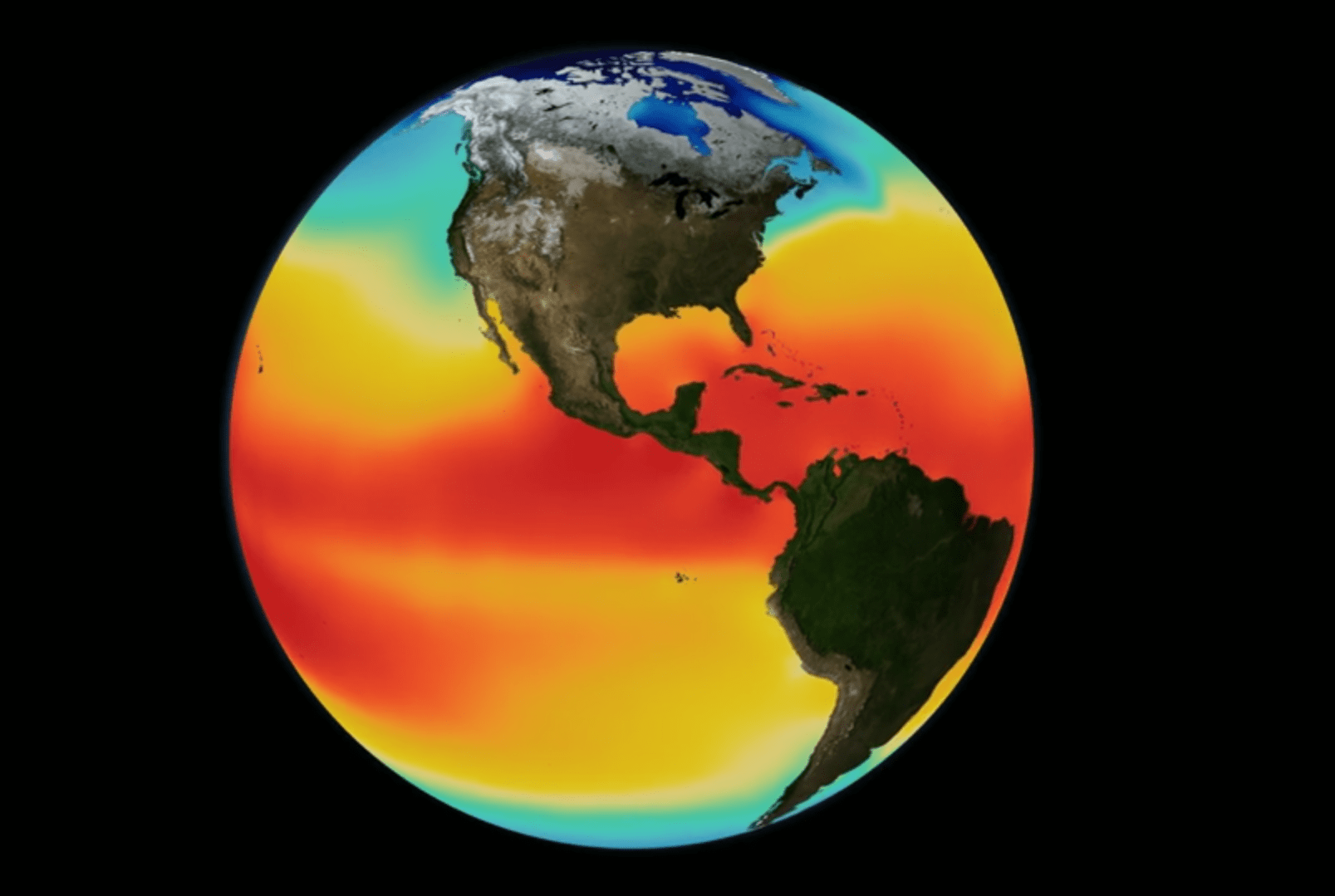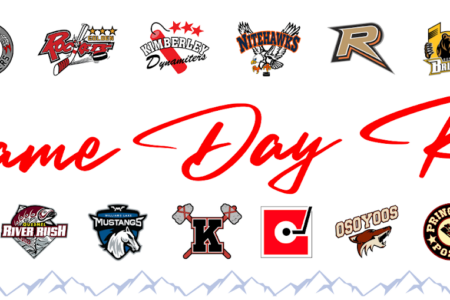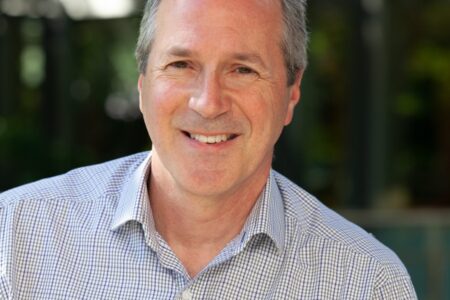Editorial: Is Survival a Worthy Goal? Is Life Worth Saving?
Environmentalists have come under fire lately from certain quarters. Questioning the motivation of environmentalists raises the question: What are they fighting for?
And the short answer is: survival.
Not just personal, short-term survival, but the long-term survival of life on earth — stopping the acceleration of species extinctions, which are now wiping out plant and animal species at a rate that is over 1,000 times higher than the previously normal rate for this era.
Anyone who reads anything from credible sources about the state of our planet knows about the reality of climate change and how it is already affecting life in many places. And about our other deleterious effects on life on earth, such as our saturation of the oceans and atmosphere with plastics, in both large and minuscule pieces. But there seem to be quite a few people who do not read about these things from credible sources.
Don’t worry, be happy?
What is there to worry about? A man named Graham Saul wrote a document last year, titled “Environmentalists, What are we Fighting for?” In the second section of his paper, Saul sums up our current situation:
“Humanity is extracting resources and converting forests, grasslands, and wetlands into farms and urban areas at an alarming rate. We are undermining our rivers, lakes, and oceans by diverting freshwater for human use and dumping massive amounts of chemicals like nitrogen and phosphorus into our waterways. We are also releasing a cocktail of toxic contaminants into the environment on a daily basis without fully understanding the impact they have on the health of humans and ecosystems.
“To make matters worse, climate change is no longer a distant threat. It is happening today. As the Union of Concerned Scientists—a non-profit science advocacy organization based in the United States—points out, we are already witnessing rising seas, heavier precipitation, and increased flooding. Some areas are experiencing more severe droughts, increased pressure on groundwater supplies, and longer and more damaging wildfire seasons. Plant and animal ranges are shifting, coral reefs are dying, hurricanes are becoming more severe, oceans are acidifying, and heat waves and other extreme weather events are more frequent and intense.
“Climate change is already killing people, destroying and displacing communities, undermining food security, sparking conflict and human migration, and spreading disease. But the sad truth is we have barely begun to witness the scale of the catastrophe that we will be facing if we continue on the trajectory we are on today.
“In 2009, the prestigious health journal The Lancet argued “climate change is the biggest global health threat of the twenty-first century.” Unless action is taken to reverse the trends, climate change will “put the lives and wellbeing of billions of people at increased risk.””
Environmentalists are fighting for action to reverse those dangerous trends.
Those trends have already ended the relatively stable conditions that endured for over twelve thousand years. As Graham Saul phrased it in his paper,
“For the past 12,000 years we have been living in a tiny slice of the Cenozoic Era known as the Holocene Epoch. The Holocene has provided life on Earth with a relatively stable and warm climate since the last ice age, and humanity has truly flourished during this time including all of our written history and the rise of mass civilization.
“The International Commission on Stratigraphy was tasked, in the broadest sense, with answering the question: Is the Holocene over?
“They debated the issue for seven years and reported back in August 2016 with the answer: Yes.
“What ended the Holocene? We did. Humans.”
Can we turn things around? Is it hopeless? Judging by our past record, there is hope.
Humans have previously faced a global challenge, and we overcame it.
For many years, the ozone layer high above the earth – in the stratosphere – was being seriously eroded by humanity’s over-use of a group of chemicals known as chlorofluorocarbons. The ozone layer is what protects life on earth from harmfully intense levels of ultra-violet radiation. So people of different nations agreed to stop using those chemicals, and since then the ozone layer has been healing.
Stopping the over-use of chlorofluorocarbons proves that people can act together for the common good when they understand the problem and how to solve it. Admittedly, the agglomeration of problems we now face – climate change, plastics pollution, toxification of our soils, water and food chain, and all the ills that follow from those things – will require a truly unprecedented level of agreement and co-operation to resolve.
Unfortunately, we are also facing rising levels of disagreement and polarization, along with massive denial that the problems even exist, or that they are caused by humans. Even when people agree that the problems exist, there are wildly differing opinions on how they should be addressed.
Much of that disagreement may be fueled by the industries whose activities contribute hugely to the existence of the problems. Oil companies have known for many decades that the use of their products was causing climate change, and they knew the hazards of climate change to human civilization. That has been proven by those companies’ own documents. But in the interests of their bottom line, they deliberately suppressed that information and began a long process of promoting denial; they have funded organizations that were created to convince the gullible that climate change wasn’t happening, or that it was just part of the natural cycles of change. Currently, there’s a popular and divisive meme going around indicating that “foreign-funded enviros” are out to “undermine Canadian companies” and “destroy jobs.”
Humanity – and the rest of life on earth – has never before faced a challenge like this. It will take all our collective intelligence and determination to meet it. It’s difficult to comprehend what anyone thinks they might have to gain by fomenting distrust and divisiveness by the tactics described above, instead of working together to achieve the common goal of survival.
There are two ways this can go:
Humanity can co-operate and achieve something truly amazing – we can reverse the increasing production and accumulation of greenhouse gases in our atmosphere, and slow down the amount of future climate change. We can work toward a more just society, and an economy based on meeting needs rather than creating excess. We can strive toward preserving the life-supporting capacity of the earth’s biosphere. It’s possible that even doing all this, we might still fail in our belated efforts, but at least we could make life better for more of us in the meantime.
Or we can split into various factions based on various superficial differences, fight and kill each other in thousands of nasty little – and big — wars and battles, live in increasing fear and misery, and ultimately revert to some fragmented survivalist existence while we kill off most of the rest of life on the planet along with each other.
Which would you prefer, reader? Or can you see some third alternative?
I prefer working on the former choice – but it isn’t looking wonderfully hopeful at the moment, because – as young Greta Thunberg is pointing out — our political leaders are not listening to the climate scientists. They’re posturing and jostling for advantage over each other. They’re continuing to push for expanded fossil fuel production and transport, and they continue to subsidize the fossil fuel industry, while mouthing patent untruths about how it’s necessary to increase consumption of fossil fuels while we “transition” to a low-carbon economy. They may know that we need to stop deforestation, but here in BC, our Annual Allowable Cut continues to be unsustainably high — even without considering the effects of deforestation on climate change and our vanishing wildlife. And voters around the world have been electing short-sighted deniers with agendas that will make our precarious situation much worse.
In other words, we live in a world of corporate capture.
Although corporations have been granted the legal rights of individual human beings, they do not carry the responsibilities or concerns of natural human beings. They do not have consciences, and their basic imperative is increasing value for shareholders – not improving life for citizens generally. They talk about the jobs they provide, but in practice they’re much more inclined to eliminate jobs and replace them with machinery whenever they can. Self check-outs in stores are just one tiny example.
Who to believe? Follow the money . . .
No matter who we believe, the future can look fearful. When faced with a choice of believing the fear-mongering of corporate shills and trolls, or the fear-mongering of climate scientists and environmentalists, whose fears should we share? Which fears should guide our actions and choices and votes?
Climate scientists the world over have agreed on the facts and the evidence. Those scientists stand to gain nothing from presenting the world with their findings. No one pays them more to tell us the depressing truth that climate change is real, and that humans are causing it; in fact, they’d be paid much more to say the opposite.
Corporate trolls and shills, on the other hand, get paid to promote denial of climate change. The so-called “think tanks” and “institutes” with misleading names get corporate funding to promote denial of climate change. There are many industry-inspired social media memes that promote denial of climate change, or the bizarre theory that “foreign-funded environmentalists” are trying to undermine Canadian industry, to the advantage of “foreign” industry. The credibility problem with that theory is that at the companies operating in the Alberta oil patch, among others, are at least 70% foreign-owned themselves.
I think the scientists are motivated by seeking truth and by a concern for humanity as a whole. I find them much more credible than the short-term profit-motivated industries that are making a lot of noise attempting to deny the scientific findings, and to distract people from what’s most important.
Remember that old saying– divide and conquer? There’s a lot of energy being put into efforts to divide us — to create anxiety that some identifiable groups of others are somehow “the enemy” or are less worthy of basic human rights than we are. There are many different groups of people, by ethnicity, by religion, by levels of earning — are those differences important?
Life. Life is important.
In my view, life is most important. We should be willing to overcome our differences and ignore them, and endure a lot of hardship, if necessary, to stop doing the things that pose the greatest threats to life on earth– the things that will bring us even greater hardships anyway if we just keep on doing what we’re doing.


























